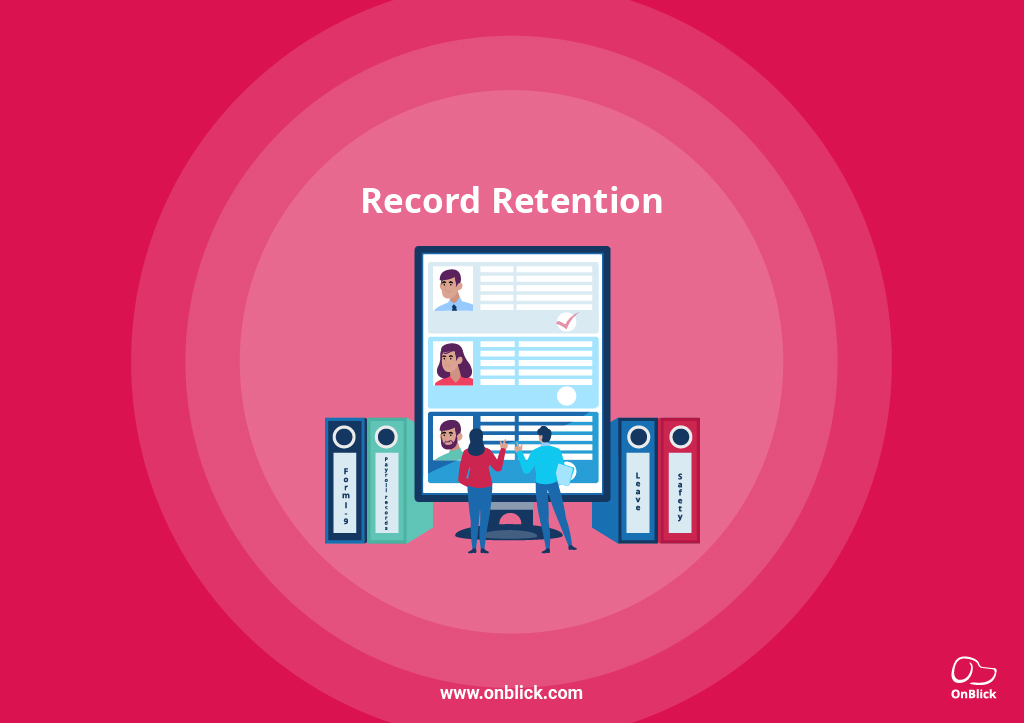Creating a cohesive workplace by balancing different personality types is no simple task. Every organization has extroverted and introverted individuals. While the former thrive in social situations and are known to share their thoughts and ideas with everyone, the latter is more reserved and prefer to keep their ideas in their head.
Do you also have introverted employees who need to be engaged a bit more so their contribution to the organization could be enhanced? Then this article is for you. Managers can find out how to create a conducive environment for introverts and eventually contribute to the organization’s progress.
Who are Introverts?
An introvert is a person who is typically reserved and doesn’t like to socialize much. They may also need more time to recharge after social activities.
They have a passion for problem-solving and are capable of creating detailed plans. They also have an exceptional level of concentration. So, it could be possible for managers to identify them from some of the following common traits of introverts.
They often have an observant personality: Most introverts provide a frank assessment of everything. They will likely reveal various details about you that others often miss. This doesn’t mean that introverts should be used as informants; instead, managers can make use of their skills to get honest feedback about projects.
They don’t often crave shout outs: Introverts are motivated within themselves and don’t prefer much appreciation in a crowd. Thus, managing an introvert can be much easier than expected.
They tend to be at ease in smaller circles: Many introverts prefer close circles to large groups. Such people find content in quality than quantity. Owing to this, it is often seen that introverts perform better when placed in closed groups within the workforce
They are likely to be more analytical than extroverts: Most introverts tend to observe before acting. For instance, in the initial phase of a project, an introvert would have already analyzed the steps needed to complete the project and planned to get it done. However, they may not express it overtly.
They often take calculated risks: We all take some risks in life. But, do we all think enough before making a decision? An introvert is more likely to think well and take calculated risks. In this process, they often use a holistic approach that helps analyze the matter from different perspectives. A leader who values the significance of taking calculated risks is more likely to have an effective team.
How to Support Introverted Employees
There are several ways to support and manage your introverted employees while still being able to motivate them. One of these is providing flexible work options.
Let’s discuss a few ways managers can help introverted employees to perform better.
Understand them
Most introverts are less likely to prioritize extrinsic rewards. Managers need to understand their core values and develop a solid foundation to supervise an introvert effectively.
Managers can create a safe environment for their teammates to share their thoughts and ideas. They should also take the time to listen to and understand their preferences. This will help build trust and drive motivation.
Offer Training
Managers can provide a one-day training conference for all employees. By featuring various speakers and sessions on topics such as leadership development, technology trends, and employee skill development, managers can eventually educate them. This will allow all the employees to reflect on their careers and life.
Form Smaller Teams
Some introverts tend to feel lost in group settings. Since these people do not prefer working in large groups, they may feel like their voices don’t matter.
So, managers can break up the project teams into smaller groups to make the introverted team members feel more comfortable discussing their ideas. Research findings reveal that introverts perform well and contribute better in smaller teams.
Send the Meeting Agendas in Advance
Most of the time, the introverts in your team may not actively take part in staff meetings and express their opinions. Before a meeting, share the agenda with the employees. This will allow introverts to prepare their remarks and make themselves feel more comfortable than attending meetings without a plan shared in advance.
Encourage Them to Speak
Although introverts may not speak up during meetings, managers can encourage them to ask questions and suggest ideas. This will let others acknowledge their efforts and see them as potential assets. Steps like these would help the team build better bonds and eventually work well later.
Pair Them Up
Several experts recommend pairing introverts and extroverts in projects as it can be advantageous for both parties. However, it’s also important to consider other personality traits. Managers’ careful planning and execution can help the introvert-extrovert combination to reap significant benefits for the company.
Expect a Pause
Introverts tend to take time to analyze and think about an idea before starting a project or discussing it with others. This is an area where they see discrimination from their extroverted colleagues. Most introverts weigh all the options before making a final decision. So, managers should be considerate of this trait and remain patient if they make pauses during conversations.
Final Thoughts
People who are introverts are known to be incredibly quiet in the office. They are at times considered to be too reserved to interact with others. Nevertheless, introverts have also contributed to some of the most significant technological achievements globally. Having introverts in the team could be advantageous if managers can direct them well and reap substantial profits for the company.

.gif)

.png)
.png)











